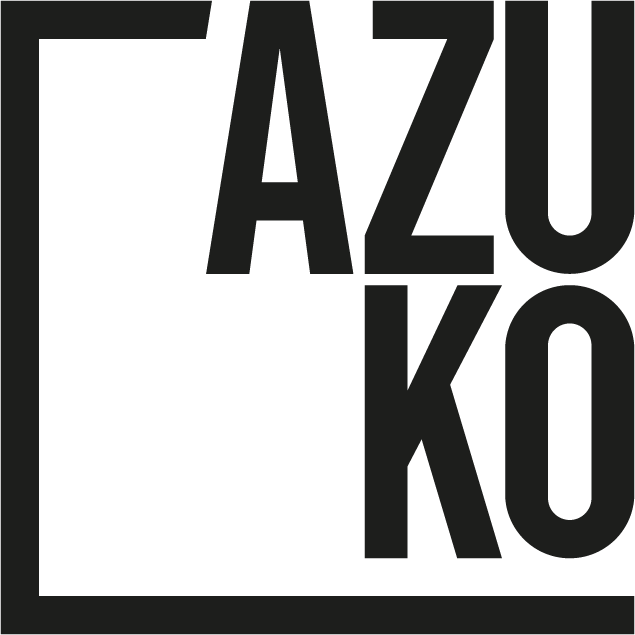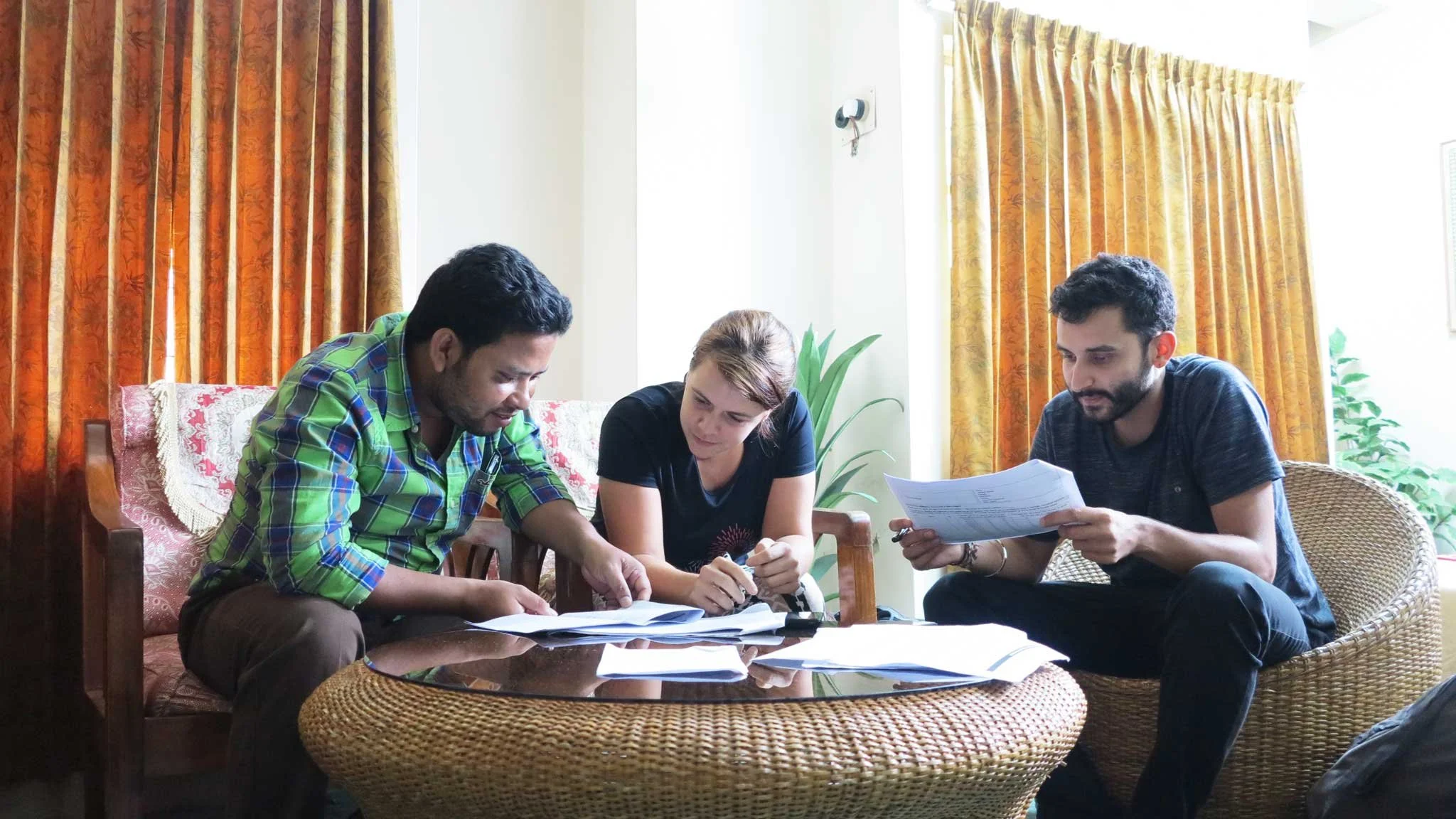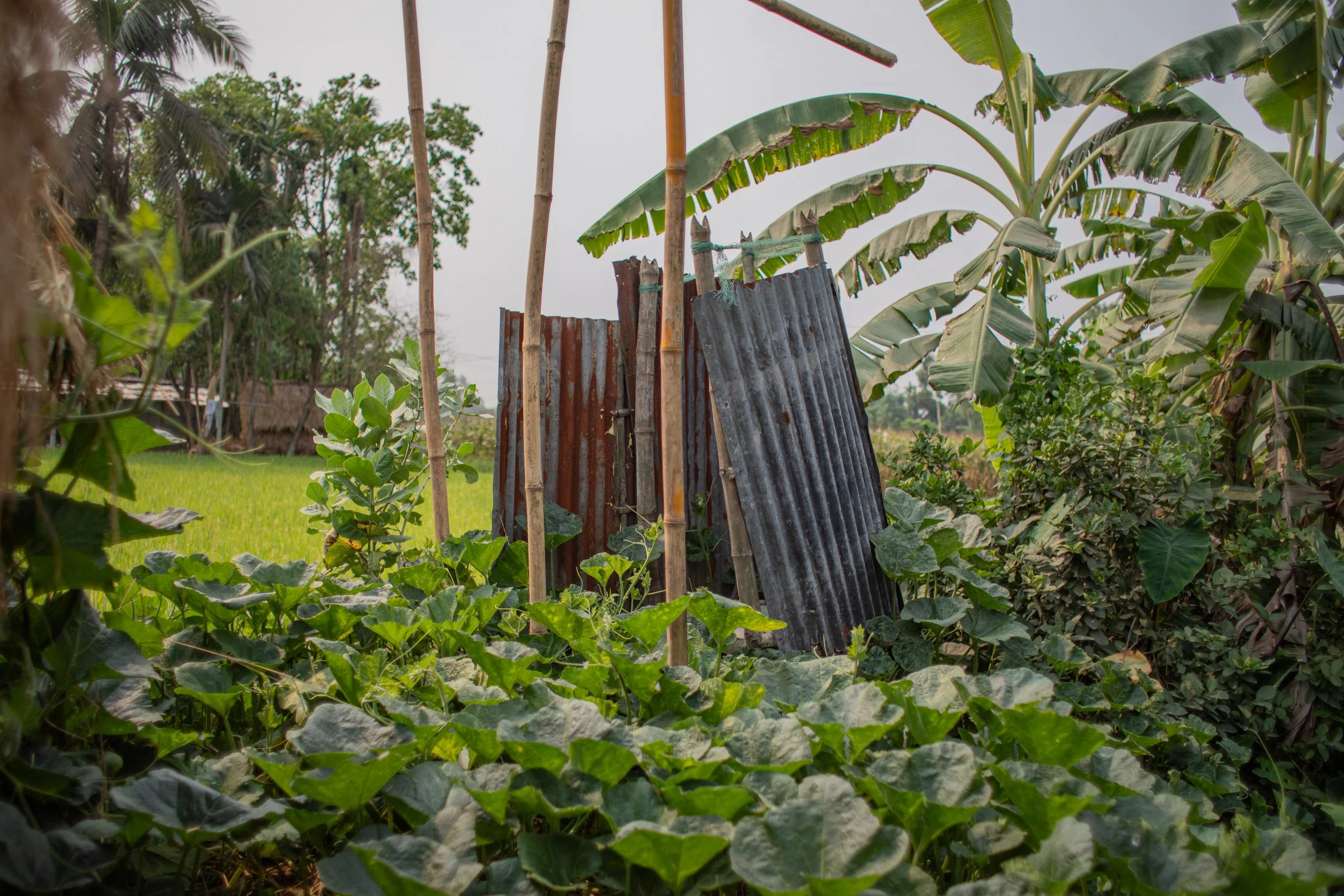As a Brit in New York City I attended my first ‘Friends-giving’ last night. Stuffed with turkey and all the trimmings with a rooftop view of the Empire State, I felt truly immersed in the American tradition. I am eager to embrace it even if that means eating turkey twice in little over a month!
Next week however is the real deal and even though I’ll be trying to avoid all pumpkin flavoured desserts and sides, I will be getting involved in all that this popular holiday has to offer. Black Friday, now adopted in the UK as a way to boost sales before Christmas, Cyber Monday for all your electronics needs and last but not least, and arguably the most exciting of these catchy named days - #GivingTuesday.
Following extreme eating and giving thanks, after excessive spending and recovering from that annual food coma, comes the opportunity to give back. Now in its third year, #GivingTuesday is a huge event in the US and throughout the world, with a delicious selection of celebs promoting social giving.
Mr Edward Norton is one of them - co-founder of CrowdRise in partnership with Shauna Robertson, the Superbad film producer who is committed to making charity giving more efficient. CrowdRise is a centrally located site for anyone who wants to give or organise fundraising events but doesn’t have the platform. Celebrities like Paul Rudd, Olivia Wilde, and Judd Apatow can compete with each other to raise money for causes they care about and encourage their fans to get behind them and generate money for meaningful movements. Ed Norton is just one famous name that will be busy next Tuesday, using the power of fame in this social media driven world to inspire people to give just a little or even a lot back, in one 24h dose of generosity.
So what do you have to do to get involved? Well you can watch as it unfolds on TV, enjoying the events organised by Ed Norton and others. You can choose an idea you care about, or join forces with a popular figure to raise money for something wonderful.
“You can give a boost, give a tweet, give up your identity for a day, give hope, give help, give your time, give your city a new nickname, give someone a place to sit, give someone else a place to play, give at the office, give out of the office, give everyone at the office something to smile about, give a dot.org some dot.love, give 5, give 10, give 10 minutes, give 10 hours, give a flying hoot about who gets vaccinated, educated, hydrated and insulated from some of the world’s biggest evils, give till it hurts, give because it helps...”
I will be choosing AzuKo. Not only do I have a genetic tie to this social movement, but I can appreciate where every penny (or cent) goes. I have shed many a tear as a tale of empowerment through dignified design has come to pass, since AzuKo was founded.
I can see how giving back can be difficult (personally expensive) and time consuming. For some it can involve long and arduous journeys throughout foreign lands or many many months partnering with local communities to help improve lives other than one’s own.
BUT it can also involve spending a single day giving back, using the power of the connected world to generate any amount of cash for a cause you care about. So #GivingTuesday is your convenient dose of satisfying altruism.
And, guess what? It is one week away. Yippee indeed.
So get geared up, think about what would warm the cockles of your heart and engage in the festivities of #GivingTuesday (Tuesday, 2 December) on any side of the pond.
Author: B. Ashbridge






